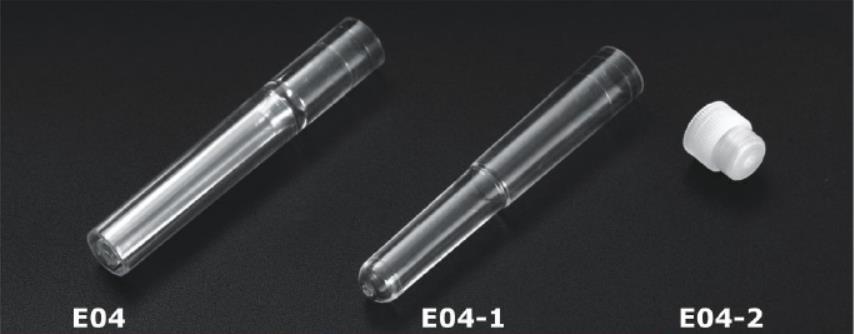Test tubes have long been indispensable tools in the field of scientific research. This article delves into the evolution, significance, and versatile applications of test tubes in laboratory experiments. We explore the different types and materials used, along with their pivotal role in conducting precise measurements and facilitating various scientific analyses. Join us as we uncover the enduring relevance of test tubes and how they continue to shape the advancements of scientific research across various disciplines.

Item No | Description | Packing Info. | Qty./Case(pc) | Case Size(cm) |
E04 | match with 77 Elektronika Urine Sediment Analyzer | |||
E04-1 | Urine Test Tube | 200pcs/bag*12 | 2400 | 48.5*48.5*34 |
E04-2 | Urine Test Tube Cover | 1000pcs/bag*19 | 10000 | 48.5*48.5*34 |

Test tubes, those slender, cylindrical vessels we often associate with scientific experiments, have a rich history of enabling remarkable discoveries. These essential tools have evolved over time, from their rudimentary origins to becoming sophisticated instruments in the modern laboratory.
Types and Materials:
Test tubes come in various types, including plain glass, borosilicate glass, plastic, and even disposable options. Glass test tubes are preferred for their durability, chemical resistance, and transparency, making them ideal for visual observation and precise measurements. On the other hand, plastic test tubes offer convenience, disposability, and resistance to shattering.
Precise Measurements and Reactions:
Test tubes play a crucial role in conducting experiments and analysis. Their standardized sizes enable precise measuring and replicate results across different experiments. The narrow diameter of test tubes also enhances the control of reactions, making them essential in chemical reactions, mixing substances, and observing changes in color or formation of precipitates.
Versatile Applications:
Test tubes find extensive application in a wide range of scientific disciplines. In biology and biochemistry, they are used for culturing microorganisms, performing enzymatic assays, and studying DNA and proteins. In chemistry, test tubes facilitate the synthesis of compounds, chemical reactions, and temperature-controlled reactions. In pharmaceutical research, they are utilized for drug discovery and formulation studies. With their versatility, test tubes are fundamental tools for various analytical techniques and experimental setups.
Test Tubes and Laboratory Safety:
Ensuring safety is paramount when working with test tubes. Proper handling techniques, such as using protective Gloves and eyewear, are essential to minimize the risk of accidents or exposure to hazardous substances. Additionally, test tubes are often used in conjunction with other laboratory equipment, such as test tube holders, racks, and stoppers, to securely hold and transport them.
The Future of Test Tubes:
As scientific research continues to advance, test tubes will remain a staple in laboratories worldwide. Ongoing developments in material technology and design are further enhancing their functionality and versatility. For instance, advancements in plastic test tubes have led to the availability of sterile, disposable options, reducing the risk of cross-contamination and increasing convenience in certain applications.
In conclusion, test tubes play a fundamental role in scientific research, enabling precise measurements, facilitating reactions, and supporting a wide array of experiments and analyses. Their evolution and versatility have made them indispensable in laboratories across various scientific disciplines. As research progresses, test tubes will continue to evolve, adapting to changing needs and technologies while remaining essential tools for scientists and researchers alike.

Contact: Neo
Phone: 008615867460640
E-mail: Info@Hwtai.com
Whatsapp:008615867460640
Add: Building 2, Xinmao Qilu Science Technology Industrial Park, Tianqiao District, Jinan City, Shandong Province,China.
We chat
